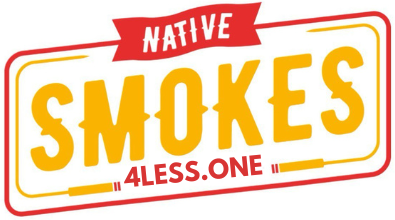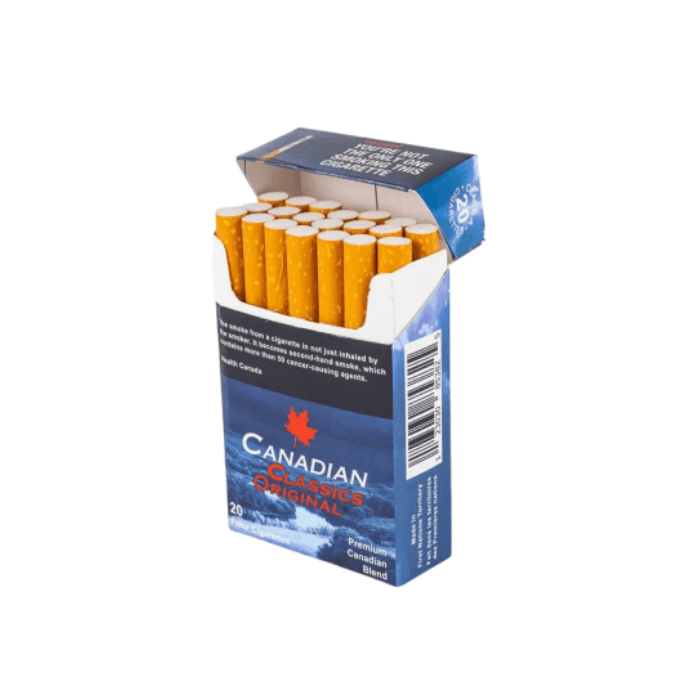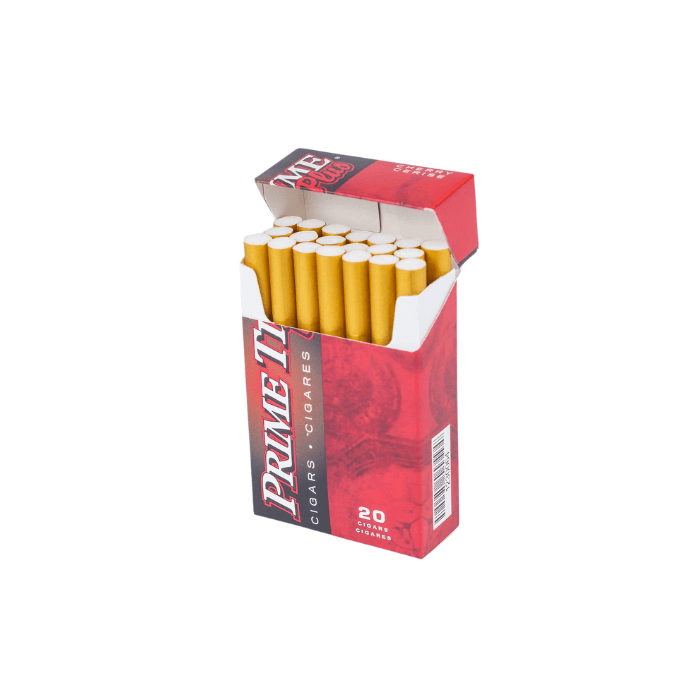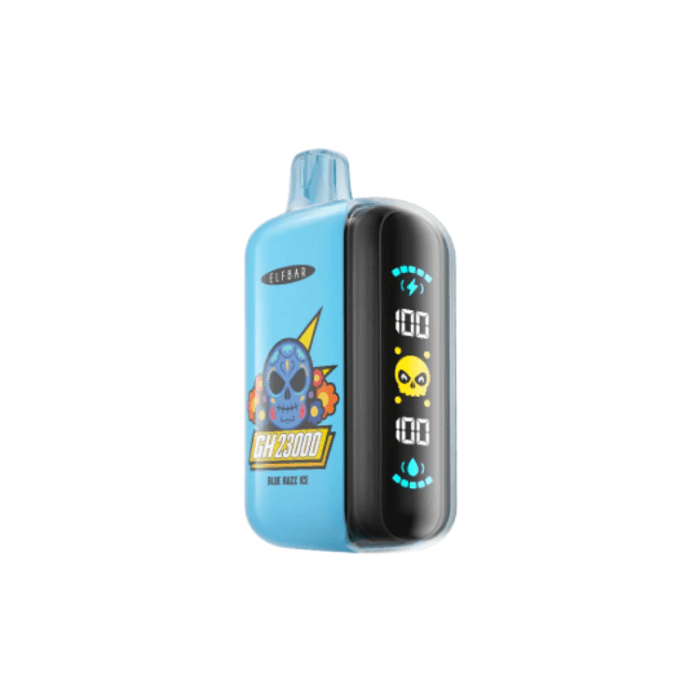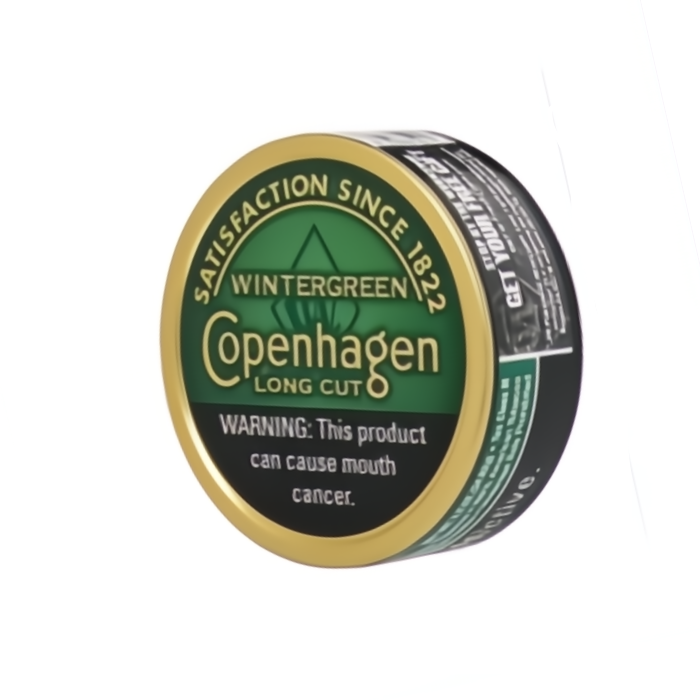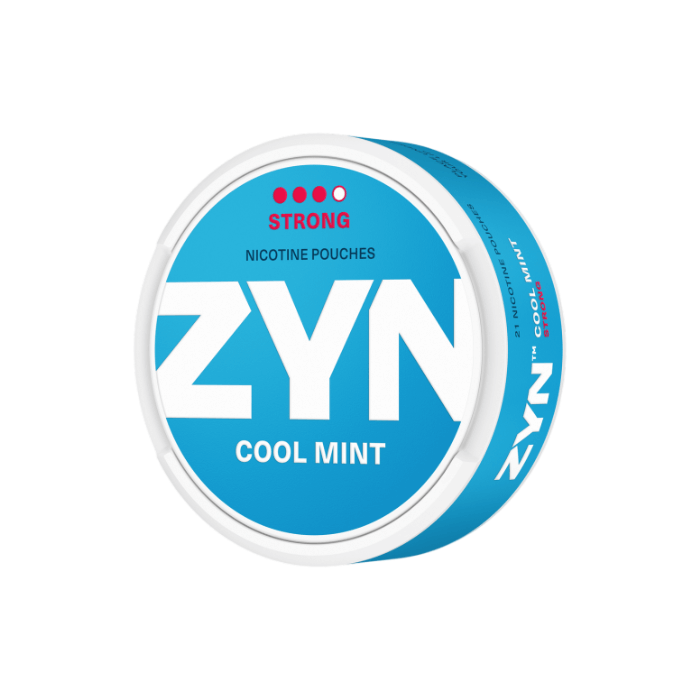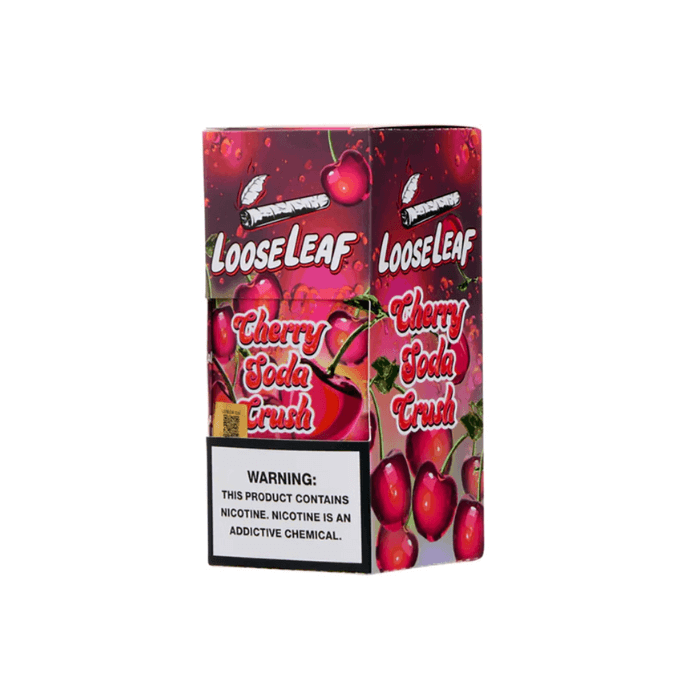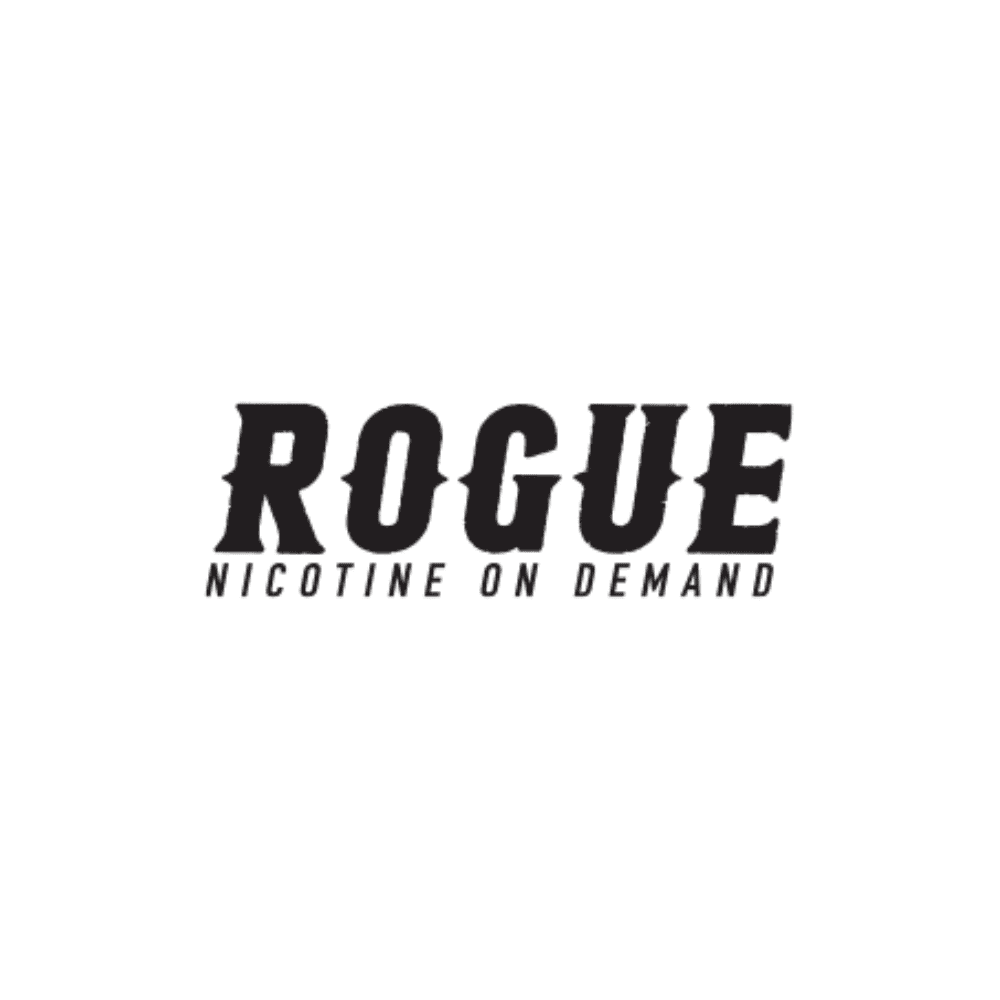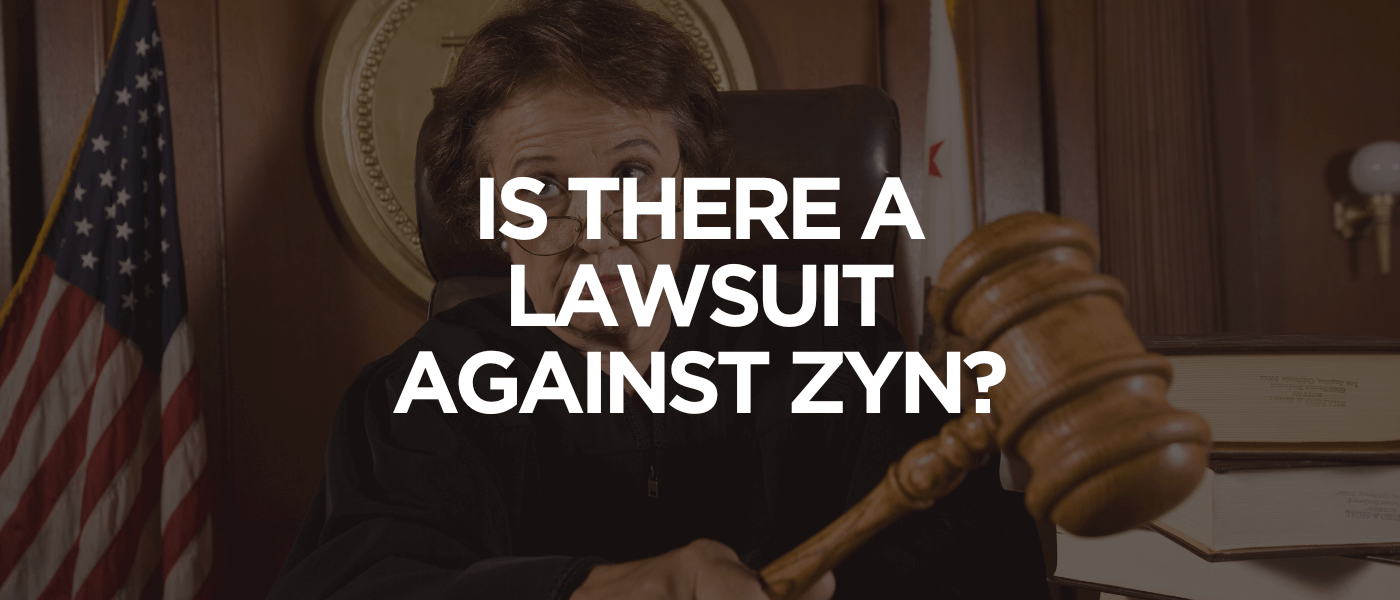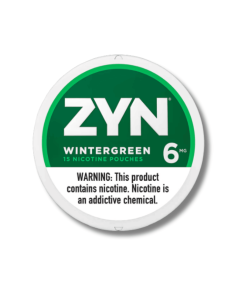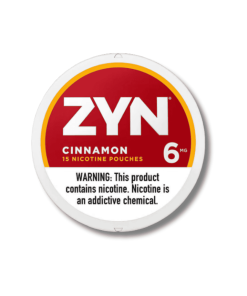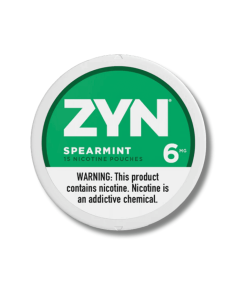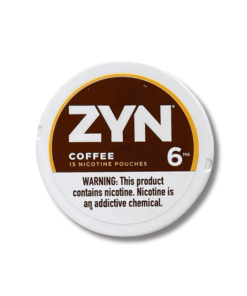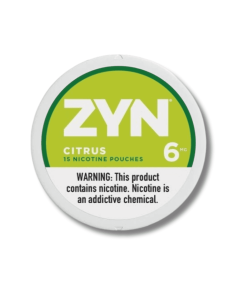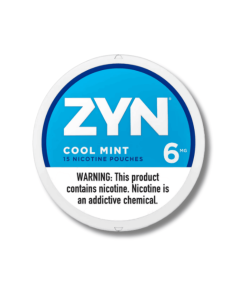Laws, Nicotine Pouches, Zyn
Is There a Lawsuit Against Zyn?
Hey, so let’s get into it — if you’ve been hearing whispers or headlines about a lawsuit involving Zyn, you’re definitely not alone. Whether you’re just curious or you’re someone who uses Zyn nicotine pouches regularly, it’s only natural to want clarity. In this article, I’ll break down what’s going on, the background behind the Zyn lawsuit discussions, and what it actually means for you, especially if you’re based in Canada. We’ll also look at how legal conversations around Zyn compare to previous years, and why this matters if you’re paying attention to where your nicotine products are coming from.
Zyn Class Action Lawsuit
Let’s talk about what’s really at the centre of the class action lawsuit buzz around Zyn nicotine pouches. The spotlight isn’t just on the product itself, but also on how it’s being marketed — and who’s being influenced. While there’s no certified class action suit in Canada just yet, legal activity in the U.S. is raising red flags, especially for Canadians keeping tabs on how nicotine products are regulated and sold online.Here’s what’s under fire:
- Deceptive and manipulative marketing practices: Several legal filings claim that Zyn manufacturer Swedish Match USA, now owned by Philip Morris International, used exploitative social media promotions and subtle ad messaging to make Zyn oral nicotine pouches seem like a harmless lifestyle choice. Lawsuits are saying it’s not just misleading — it might be intentionally manipulative, in particular toward our children.
- Youth appeal and flavored products: Critics are connecting Zyn to broader policy discussions like the DC flavored tobacco ban, arguing that flavored nicotine pouch varieties might encourage use among young people. Even if Zyn says it’s not targeting youth, the packaging and flavor profiles — paired with influencer-style marketing — tell a different story.
- Health risks and addiction: Some lawsuits are focused on nicotine absorption and the ongoing addiction users report even after trying to quit nicotine. Because Zyn pouches are smokeless and tobacco-free, they can be seen as safer — but plaintiffs say that label hides the reality that they’re still highly addictive nicotine pouches.
- Legal oversight and consumer protections: Certain lawsuits claim Zyn may have violated local laws like a city’s consumer protection ordinance, especially around advertising and health disclosures. And yes, names like Match North America LLC have been listed in association with Zyn nicotine pouches, adding more layers to the legal arguments over accountability.
For now, the debate continues — but the foundation of these lawsuits comes down to one thing: how honest and responsible marketing around nicotine pouches should be. Whether you’re a regular user or just keeping an eye out for what’s safe, it’s a conversation worth staying close to.
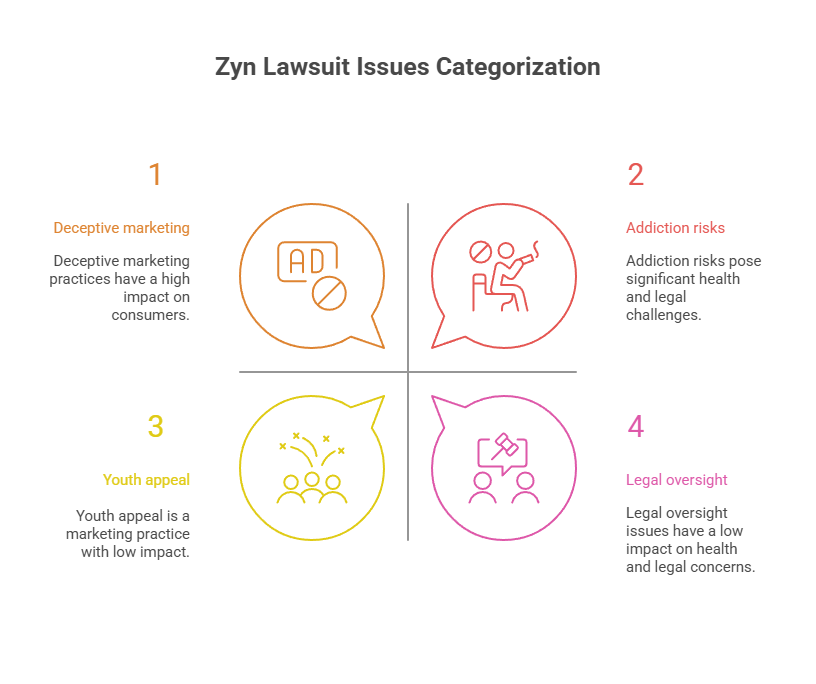
Zyn Lawsuit Lawyers
Some law firms in the U.S. have already started actively gathering clients who feel they were misled by Zyn’s marketing or weren’t fully aware of the nicotine concentration in the pouches they were using. This often includes:
- Parents of underage users
- Former users experiencing side effects
- Health advocates concerned about labeling standards
Even though this is mostly happening stateside, Canadian firms are starting to watch the trend closely, especially with how the law applies to imported products or brands sold online. If you’re in Canada and wondering whether this could impact you, it’s something to keep an eye on — particularly if you’ve purchased Zyn through third-party sites or cross-border shops.
Zyn Lawsuit 2022
2022 marked a pivotal shift in how Zyn was being publicly and legally perceived — especially in the United States.
What started as general concern over marketing soon escalated into serious legal scrutiny, with several consumer class action lawsuits emerging in federal court. These cases raised questions about whether Philip Morris Global Brands and its affiliates were engaging in deceptive marketing practices, particularly when it came to marketing Zyn to younger demographics.
A major point of contention? The packaging and flavor options. While Zyn doesn’t contain tobacco leaf, its wide range of flavored tobacco products — like cool mint and citrus — caught the attention of legal advocates and parents alike. Lawsuits claimed that these flavors, paired with a clean, minimal design, made the product appealing to youth. The phrase “in particular our children” appeared in more than one filing, emphasizing the broader social concern around how this product is perceived.
One high-profile case brought before District Judge William involved accusations of alleged misrepresentation regarding Zyn’s health impact and nicotine content. Plaintiffs argued that selling Zyn without clearly disclosing the risk of addiction or long-term health effects was misleading — especially for new users unfamiliar with nicotine pouch products.
The suits also named Philip Morris, the parent company of Swedish Match, as being responsible for the brand’s aggressive expansion. Legal teams accused Philip Morris Global Brands of prioritizing market growth over public transparency, and several remaining claims were allowed to proceed even after some aspects were initially challenged.
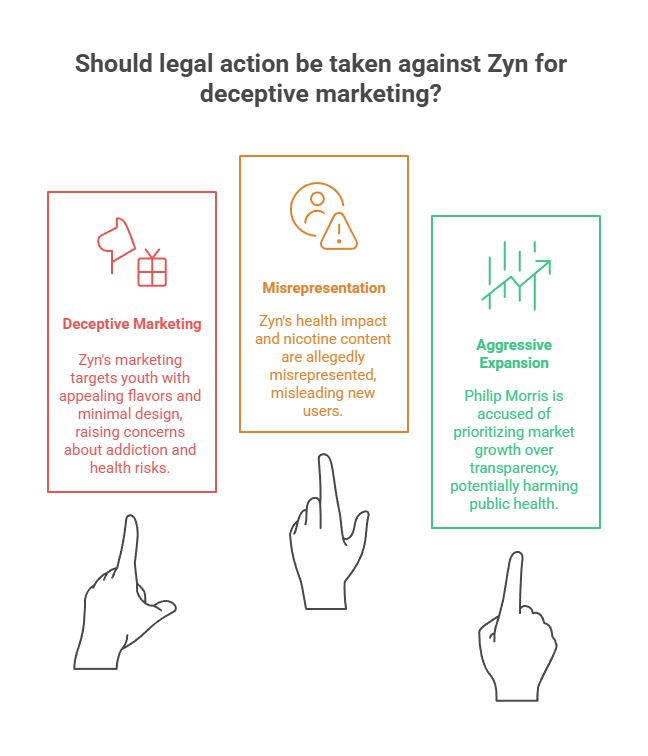
Zyn Lawsuit 2020
Back in 2020, the legal landscape surrounding Zyn was still forming, but early concerns began surfacing — especially as more people questioned how the product was being marketed and who it was really for.
Although full-blown lawsuits weren’t as common yet, a few legal filings did start to emerge, setting the stage for future claims.
Some of these early cases alleged that Philip Morris International (PMI) and its subsidiary, PMI Global Services, were falsely representing Zyn as a safer or more socially acceptable alternative to traditional nicotine products. Plaintiffs accused the company of fraudulent concealment, claiming that the risks, including ongoing health issues, weren’t made clear enough to users, especially first-timers.
Interestingly, some plaintiffs’ claims were reportedly dismissed by the courts for lacking sufficient detail, particularly around how the injuries were directly caused by the product. Still, a few key claims, like false advertising and targeting children through discreet branding and fruity flavors, remained a major concern.
In one case, the court upheld that the lawsuit didn’t provide sufficient detail to move forward, but the conversation didn’t end there. Philip Morris International, meanwhile, stated that it would vigorously defend its practices, denying allegations of misleading marketing and harm to consumers.
While not all cases in 2020 resulted in a courtroom win for plaintiffs, these early filings laid the groundwork for the more aggressive consumer class action lawsuits that followed in later years. And for Canadian consumers watching from across the border, it was the beginning of a bigger question: how much trust can we really place in how nicotine brands promote their products?
Frequently Asked Questions
What is the Zyn lawsuit?
The Zyn lawsuit refers to a growing wave of legal action, mostly in the United States, that questions how Zyn nicotine pouches have been marketed and sold to consumers.
Is there a lawsuit against Zyn nicotine?
There are several consumer class action lawsuits currently filed against the makers of Zyn nicotine pouches, including Philip Morris Global Brands and its affiliates.
Summary
If you’re using Zyn or even just considering it, it’s good to stay informed about the legal convo that’s bubbling up around it. Right now, there’s no class action lawsuit in Canada — but legal concerns around Zyn’s marketing and labeling are real, and they’re getting louder.So where does that leave you?Honestly, if you’re looking for peace of mind with your nicotine pouches, I always suggest going with a trusted source. At NativeSmokes4Less, you’ll find affordable, guilt-free options that are reliable, well-sourced, and discreetly shipped straight across Canada.
